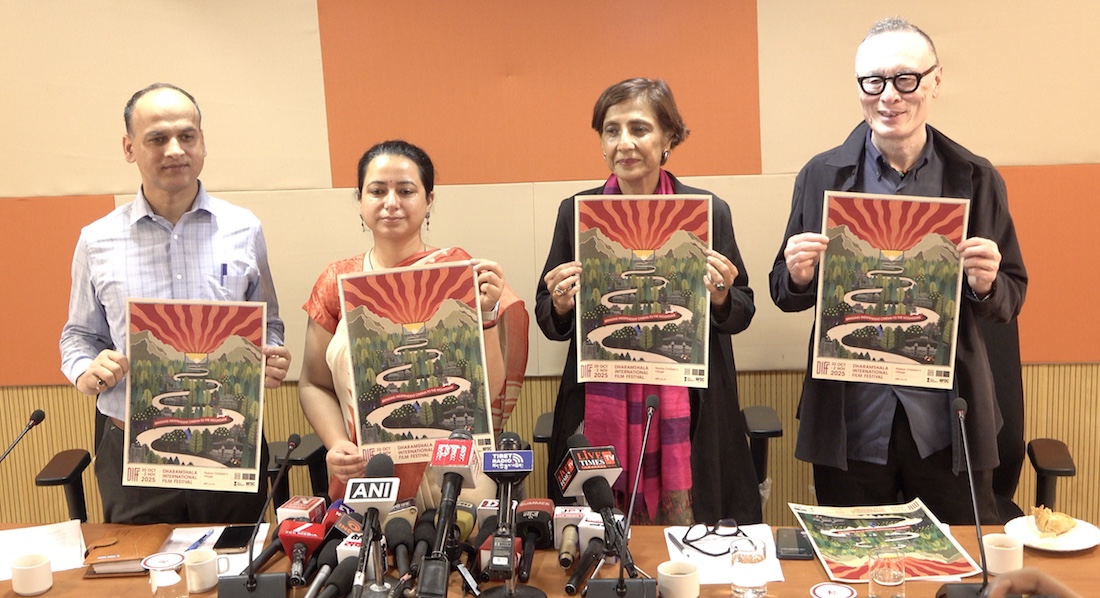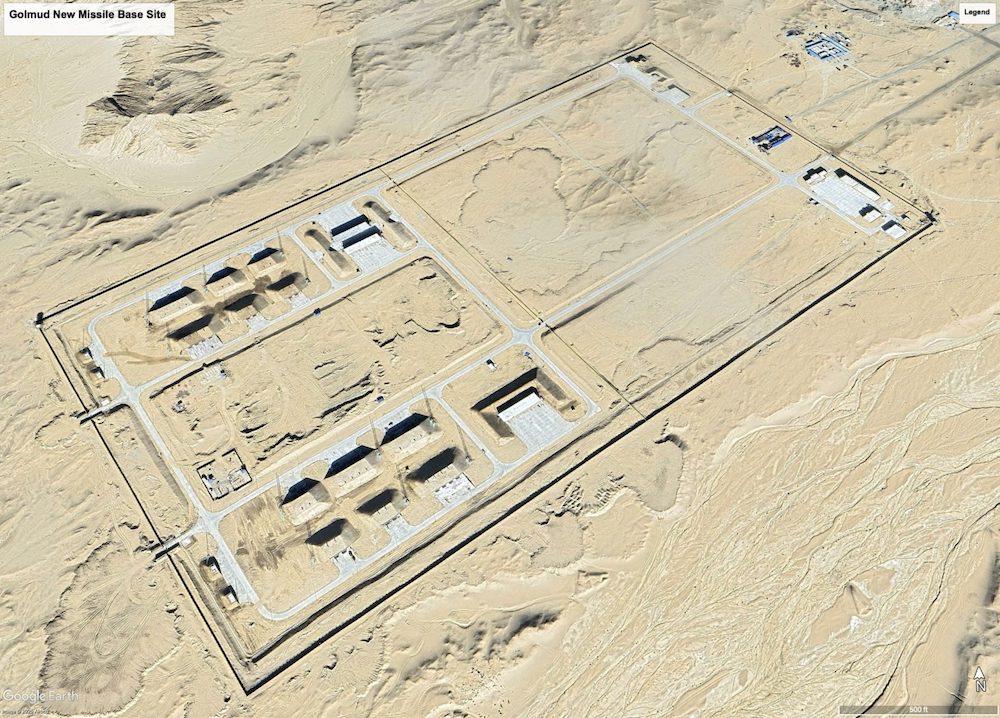Tibet may be one of the most isolated and politically repressive places in the world, but foreign radio broadcasts offer hope for a populace that refuses to accept Chinese propaganda, reports the “IPI Global Journalist.”
 Despite China’s entry into the global marketplace, press freedom in Tibet remains severely restricted, writes Tibetan journalist Palden Gyal. The only functioning radio stations are controlled by the Communist Party, which also controls all print media. In effect, the media function as tools for Communist propaganda, says Gyal.
Despite China’s entry into the global marketplace, press freedom in Tibet remains severely restricted, writes Tibetan journalist Palden Gyal. The only functioning radio stations are controlled by the Communist Party, which also controls all print media. In effect, the media function as tools for Communist propaganda, says Gyal.
With the recent introduction of the Internet in Tibet, authorities are also cracking down on users by threatening to interrogate anyone caught using the Internet to find information on Tibet and the Dalai Lama, Tibet’s exiled leader.
However, despite decades of absolute control over Tibetan media, the Chinese government has failed to convince Tibetans that their culture is backward and that the Dalai Lama is a traitor to China, Gyal writes.
For Tibetans, foreign radio broadcasts provide a lifeline for uncensored information on Tibet and the outside world. Currently, three broadcasters provide programs in Tibet – Voice of America, Radio Free Asia and the Norway-based Voice of Tibet.
“These broadcasts are vital and effective because radio remains the most accessible and popular media in Tibet,” says Gyal. This is especially so in areas outside of the capital, Lhasa. “The shortwave radio has emerged as a popular gift and item of exchange,” Gyal notes.
The broadcasts have attracted large audiences. Almost all Tibetan households tune into the Voice of America’s early morning newscasts. And Radio Free Asia’s shows allow listeners to call in using a toll-free number from a public phone that can’t be traced by authorities.
Gyal says the role of foreign broadcasts in Tibet shows how vital radio is in low-income regions and areas where press freedom barely exists.
The “IPI Global Journalist” is a quarterly magazine published by the International Press Institute.









